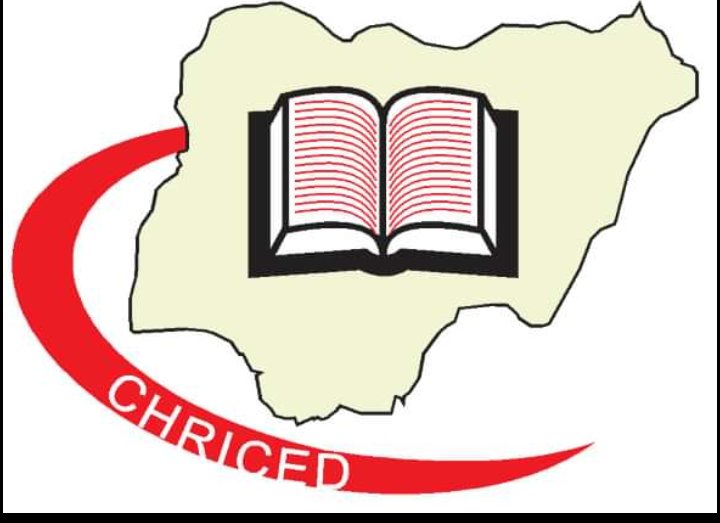CHRICED moves to redress conditional cash transfer grievances in Kano
In 2017, the Nigerian government received $322.5 million of the Abacha loot from the Swiss government, which was agreed by both parties to be used for a conditional cash transfer (CCT) to the poorest of the poor in Nigeria, with the World Bank saddled with the responsibility of monitoring the process.

However, there has been continuous outcry by beneficiaries of the CCT programme in Kano state who say the process had not been transparent. It was in response to their grievances that the Resource Center for Human Rights and Civic Education (CHRICED), on Thursday, organized a one-day town-hall meeting to address their complaints, which brought together key stakeholders in the scheme for a brainstorming session.
The town-hall was organized in collaboration with the African Network for Environment and Economic Justice (ANEEJ) and supported by the UK Department for International Development (DFID).
In his opening remarks, Dr. Ibrahim Zikirullahi, executive director of CHRICED said, “This event is part of the close-out activities of the MANTRA project, which seeks to bring together CCT beneficiaries to share experiences on the process, and to provide feedback on the grievance redress mechanism which will allow the state cash transfer officers to reflect on ways to improve and strengthen citizens collective resolve against corruption.”
Zuwaira Omar, CHRICED’s contact and mobilization officer, said most beneficiaries of the CCT had grievances but didn’t know how or where to voice out their grievances. She however said, the Kano state CCT office had now listened to their grievances and would take all necessary action. “Some beneficiaries of the CCT complained about being extorted by some community leaders who are supposed to have their interest at heart. They also complained about the sidelining of People With Disabilities (PWDs) in the CCT scheme.”










